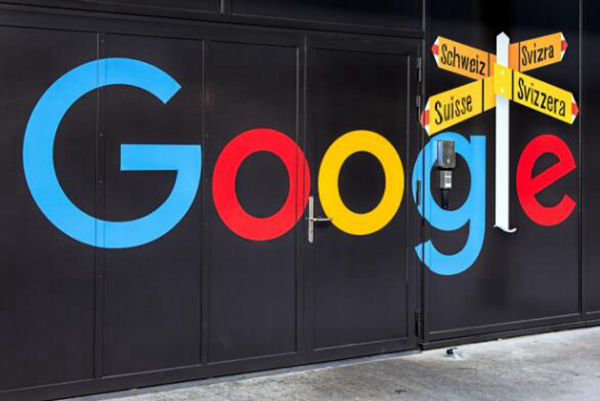Googlerevealed in a blog post on Thursday the launch of a new program designed to help fund the development of generative AI techniques using thenon-profit organization.
The program is called Google.org particle gas pedalthat will be supported by a $20 million grant, with an initial group of 21 nonprofits including Quill.org and the World Bank. Among them, Quill.org is working to create AI-assisted tools for student writing feedback, while the World Bank is developing a generative AI app to make development research more accessible.

In addition to the grant, nonprofits participating in the six-week gas pedal program will receive technical training, workshops, mentorship, and "AI coaching." Also, through the Google.org Fellowship program, the Google Users team will work full-time for up to six months with three nonprofits - Tarjimly, Benefits Data Trust, and mRelief - to help them build proposed generative AI tools.
Anne Lewin, Head of Global Advocacy at Google.org, said, "Generative AI can help social impact teams be more productive, creative, and efficient in their service to their communities." She also noted that Google.org grant recipients report that AI can achieve their goals one-third of the time at almost half the cost.
In her blog post, Lewin referred to a Google.org survey that found that while five-quarters of nonprofits believe generative AI could be applicable to their work, nearly half are not currently using the technology technologically due to a range of internal and external barriers. These nonprofits, she claims, cite a lack of tools, awareness, training, and funding as a barrier to adopting the technologymaximumObstacles.